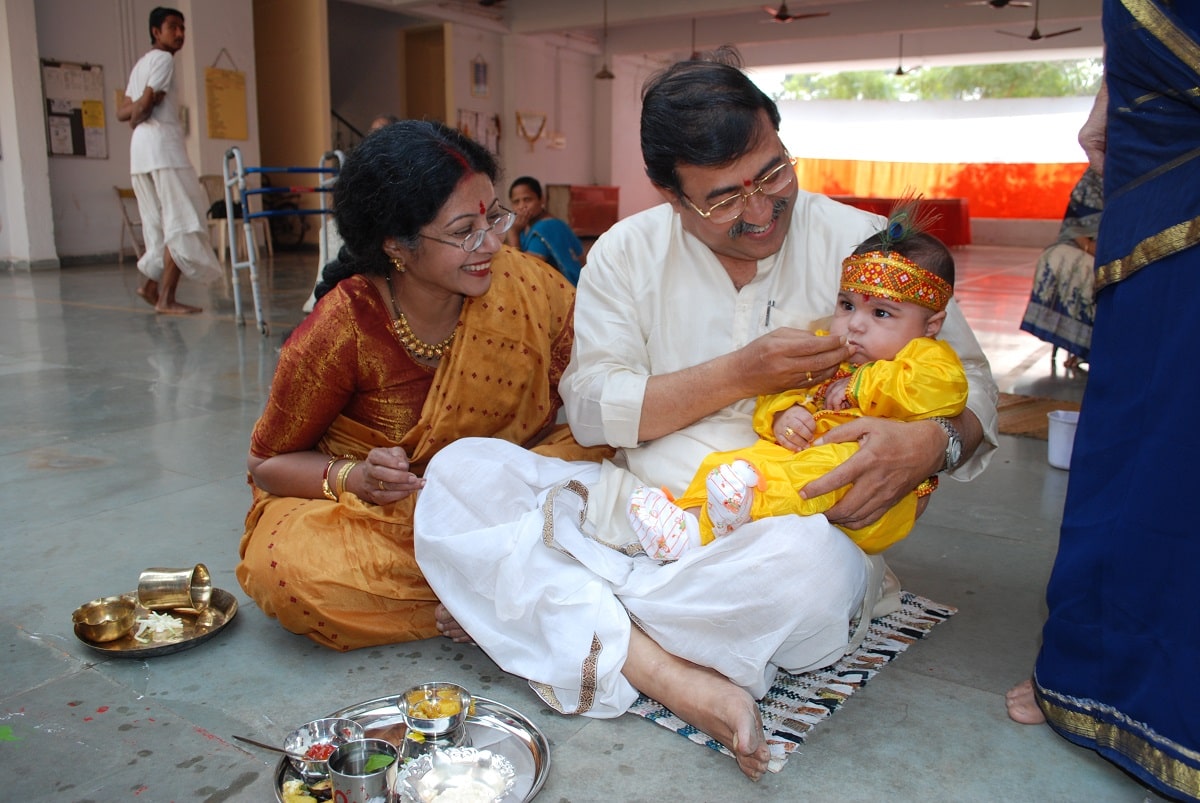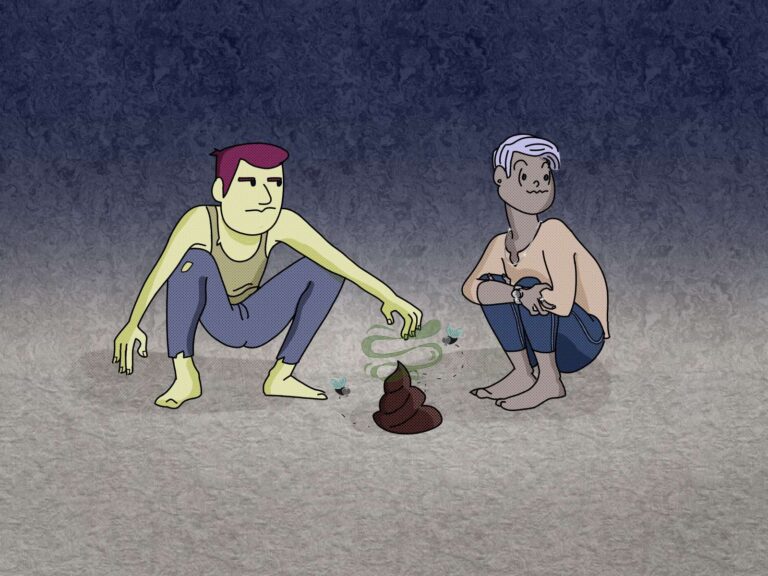Gen X parents – A generation that continues to give

For those who either have parents who were born in the 1960s and 1970s (Gen X), we know that life hasn’t been kind for them living in India. A time before the LPG reforms where opportunities were scarce and misery aplenty. Gen Xs bore the social expectations to take care of their older parents and also provide for their children. They were nourishers and providers for both sides. They were thrust upon the responsibility to look after the ailing parents, sacrificing their dreams and ambitions at the altar of financial security.
Gen Xs have grown up in the austere and modest conditions of the 60s and 70s, where even one’s dreams were rationed. Their parents were educated barely enough to put food on the table. With limited parental guidance on what the big wide world can offer, Gen Xs took up the first decent job that came in their way. In this pursuit of financial opportunities, they gave up their dreams of becoming an actor, sportsman or entrepreneur in the quest to earn a livelihood.
The responsibilities to take care of their parents and support their children economically were thrust upon them. They swapped youthful romance for backbreaking work, writing poems and stories for filing official reports and exploring the world for standing in the long queue for family rations. Gen Xs spent their time helping the rest of the family to come up in life, providing their kids with the opportunities they missed, thus missing out to fall in love, travel, read and experience life. If ever a film is made on them, it’ll be titled ‘A Generation Of Parents Who Gave Everything for Family But Received Hardly Anything Back.’
If fear, sustenance, and stability drove their choices, it’s passion and ambition and self-actualization that is driving millennials. Millennials seem to have time to listen to the latest tracks on Spotify, but we can’t seem to spot their parent’s concerns. In the millennial pursuit of passion, love, and adventure, taking care of parents in their old age is becoming less of a priority than before. Memories of the sacrifices Gen Xs made to fund their children’s fancy university degree, to support lifestyle choices have now started to fade away from millennials’ collective consciousness. Gen X parents are now forced to adjust to a system of nuclear families entirely in contrast with their familiar social order of joint families.
Like they always did, Gen X parents have started to adapt to this changing social structures without qualms. They have learned to expect less from their millennial off-springs to take care of them in old age. Despite all their low expectations, the emotional, psychological vacuum in addition to the financial vacuum could prove to be too hard on them. This situation need not continue forever. The change can begin with millennials starting with the visualization process of how it would be like if they were treated the same way their parents are getting treated. While there may be enough financial security, it is redundant if parents do not have their near and dear ones at the declining stages of life.
An important step is to keep Gen X parents engaged at a physical, psychological, and emotional level. A bit of effort from the millennial generation by filling their void through hobbies/ activities which help them feel a sense of accomplishment every day or give them something to chase. Motivating Gen X parents to take up that organic gardening they never took up because they had to pay up the house rent in your childhood days or asking Gen X mother to resume her painting hobby as she no longer has to take care of you or your sibling.
Traditionally nursing homes are depicted as depressing places where children abandon parents. Instead, homes can evolve as community centers where parents have their own set of social circles, new friends, and get a chance to explore what they may have missed when they were youth. Time for millennials to introspect if it is worth sacrificing the weekend trip once in a while to spend time with your ailing parents who are unable to walk around due to aging bones!
Millennial as parents – Change is here!
Traditionally in Asian societies, parents from the Gen X era have continued to play the role of a protector of their children even after their adulthood. In an adult-centric family structure, children were one among the many other responsibilities. The flipside of this interaction is that the communication between them is often restricted to a formal tone and a palpable sense of hierarchy when it comes to decision making. The socio-economic changes due to the power of technology and urbanization have impacted the existing deep-rooted, spiritual, and protective nature of a parent-child relationship in Indian societies.
Millennial parents, however, can’t afford to follow the same methods. With earning while studying becoming the norm, millennial parents are likely to raise children who will start earning from a young age. The possibilities of the gig economy will allow more of them to be financially independent earlier than before. These changes indicate that millennial parents and future parents would have a minimal role as a protector or a provider and more that of a facilitator and a nurturer. These social changes are demanding a more creative and open-minded approach from millennial parents. These novel models and channels of communication will help parents and children understand each other’s perspectives and learn to live with them.
In an increasingly self-centered and nuclear world, one such important channel would be the interactions between grandchildren and grandparents. Such a channel can pass on life lessons to children and the values of a joint family even while staying within a nuclear family structure. Previously passive and hierarchical face to face interactions with parents needs to be reinvented for a more active and facilitating model of communication. Much like the commitment shown by Gen X parents in molding their children, millennial parents have the responsibility to keep the channels active and minimize the loss of ideas in communication. Even while using these new methods, millennial parents would be in a pursuit to strike a balance between excessive involvement (helicoptering) and lack of any care.
Evolution of parent-child relationships
Trust will become the currency that will keep both millennial parents and their children going. Gaining trust by setting the right expectation, and communicating their limitations from time to time will become a priority. These interactions will help both the parties to move away from the image of a larger than life depiction of parents as shown in Indian movies and understand that they are imperfect beings- human with their share of limitations.
When children start connecting with parents at an equal level, accepting their mistakes becomes easier, and parents become an agency to seek feedback for improvement. With mutual respect and friendship as the foundation of the relationship, conversations are likely to be less attritional. These efforts would go a long way toward bridging the generation gap. Some of these conversations include how they would want to be with their children to be in a reachable distance from them without affecting each other’s privacy.
Millennial parents are likely to be looked up for advice on their child’s failed relationships/ their hangover post, an office party/ or the recent date they had through tinder. These exchanges will provide the millennial parents with the required emotional bandwidth to be human and be vulnerable in front of their children, improving their mental health as well. Millennial parents would be expected to treat their children as thinking individuals, consult them for advice, and express their emotional needs.
Way ahead for millennial parents
Questions remain whether the millennial generation got conditioned to care less about their children and parents despite being raised by a selfless generation of Gen X parents. Due to the overall improvement in living standards, millennials’ parents are better positioned than their predecessors when it comes to resources available for developing their children. Despite economic prosperity, various research studies reveal that millennial parents are less likely to have children compared to previous generations.
With millennials attuned to devote their time and energy to pursue their passion and hobbies, it would be a time management challenge to balance their parental commitments as well. Novel ways of engaging with their children by having common hobbies and shared experiences could prove to be the way ahead.
Considering the title given to our piece, isn’t it time for a new narrative?
Where parents and children share an evolving interdependent space without the fear of missing out.
Where there are instances of sharing and warmth of love without judgment and conditions.
A new dawn of shared parenting...
(This is article is the second in a 3 part series on ‘Nourishers in Our Lives – What They Leave Us With & What We Give Back?’ The first is available here. The last would be published in the coming days)
Featured Image Credits: Wikimedia









That’s a very thought provoking article Deepak. Was so easy to connect to it given the age and standing in midst of the two generations. This can be a series writing with real life experiences included.
Proud of the work you are doing ,Way to go.?
Well articulated. Can add some case studies also.First I was confused whether i belong to X or M,then realised I have both genes.Keep going